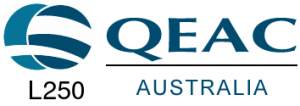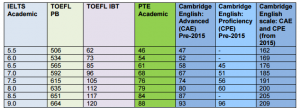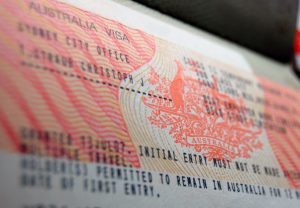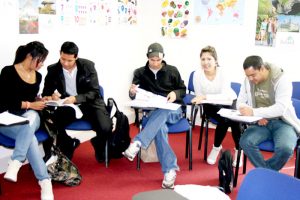Diploma of Nursing Course details
Diploma of Nursing (Enrolled-Division 2 nursing)
Description
This qualification covers the application of nursing skills and knowledge required to be eligible for registration with the Nursing and Midwifery Board of Australia in line with some state/territory nursing and midwifery regulatory authorities.
Enrolled nurses, under the direction and supervision of registered nurses, assist with the provision of acute, preventative, curative and rehabilitative nursing care in hospitals, aged-care facilities, the community and other healthcare settings.
Duration
Full-time – 80 weeks
Further Study Pathways
After completing HLT51612 Diploma of Nursing (Enrolled-Division 2 nursing), students are eligible to apply for registration as an Enrolled Nurse/Division 2 with AHPRA.
After achieving HLT51612 Diploma of Nursing (Enrolled-Division 2 nursing), students may undertake further study with higher qualifications within the Health Training Package e.g. Advanced Diploma level or may articulate to higher education into a Degree level program.
Employment Opportunities
Graduates of this program will have employment opportunities as an Enrolled/Division 2 Nurse in a range of health care settings such as acute hospital care, aged care, rehabilitation, mental health, community care, palliative care.
Mode of study
This course is delivered using a combination of delivery modes including:
- Lectures
- Tutorials
- Self-directed learning
- Practical “hands-on” skills development in a simulated nursing skills laboratory
- Professional practice experience
Assessment
Assessment is both formative and summative and may include a combination of:
- Questioning
- Scenarios
- Role play/simulation
- Case studies
- Projects
- Skills assessment
- Observation in the workplace
Entry Requirements
To ensure an appropriate learning opportunity, prospective students would need to demonstrate a capacity to undertake study at Diploma level. This can be demonstrated via the following:
-
- Aged 18 years or above
- Successful completion of Year 12 or the equivalent level of study
- Mature aged candidate (> 21 years of age) with no completion of Year 12 or equivalent level of study
- Minimum English level of IELTS test score of 7.0 or higher across all bands (For International Students)
- Attend an interview with the Nursing Course Coordinator and nursing trainer
- Police clearance certificate
Also, prospective learners are required to undertake VETASSESS Language, Literacy and Numeracy test, when in Australia, with a pass in all three components. This can be undertaken before or during study period one. A pass in the numeracy component must be achieved before the learner can progress to study period two.
Additional Requirements
- National Police check
- Working with Children Check
- Immunisation status before commencing professional practice experience (recommended to have immunisation records from home country).
Immunisation
Immunisation is the responsibility of the student. It is recommended that an informed, individual choice is made about this matter. Students should refer to a General Practitioner of their choice for discussion and advice.
Students will come into contact with a large variety of clients while attending professional experience. Some clients may have a communicable disease. Nurses are categorised as a Category A Health Care Worker. These workers are defined as being at risk of exposure to contaminated blood and body fluids (DoH, 2010).
For the protection of students and of potential clients, evidence of immunisation status is required from a General Practitioner prior to the commencement of Professional Practice Experience. For further information on recommended immunisation for Category A Health Care Workers, please refer to the Department of Health website at http://www.health.vic.gov.au/immunisation.










